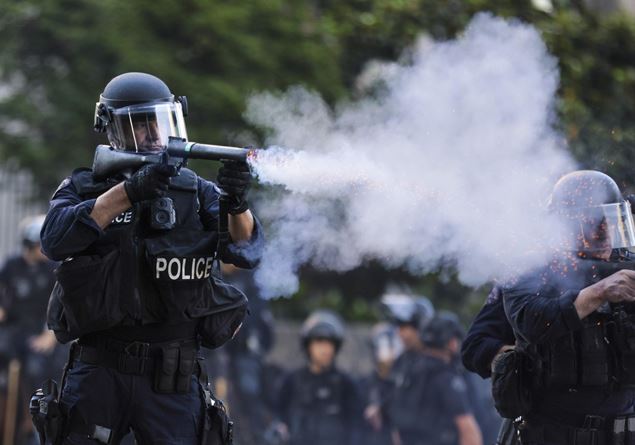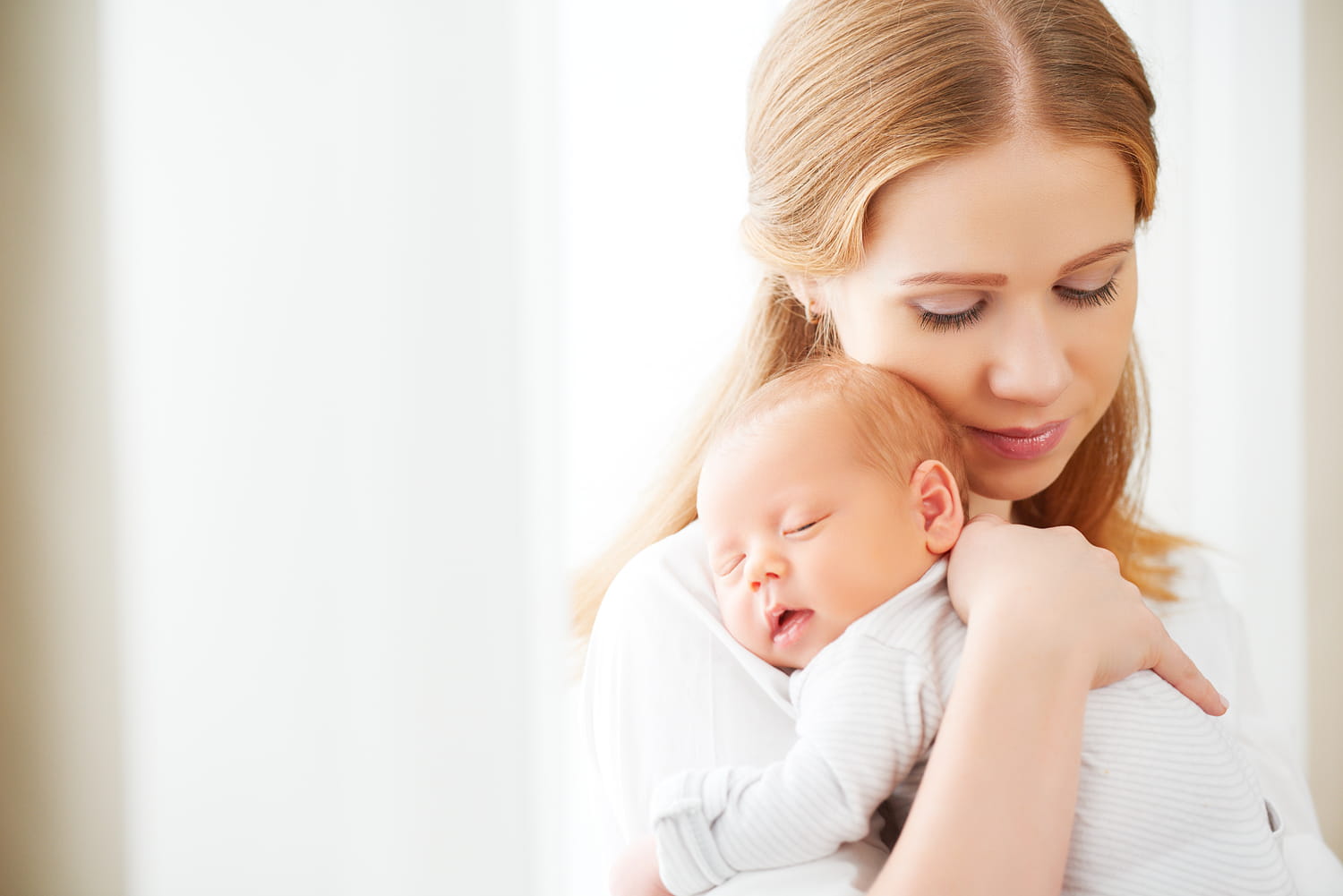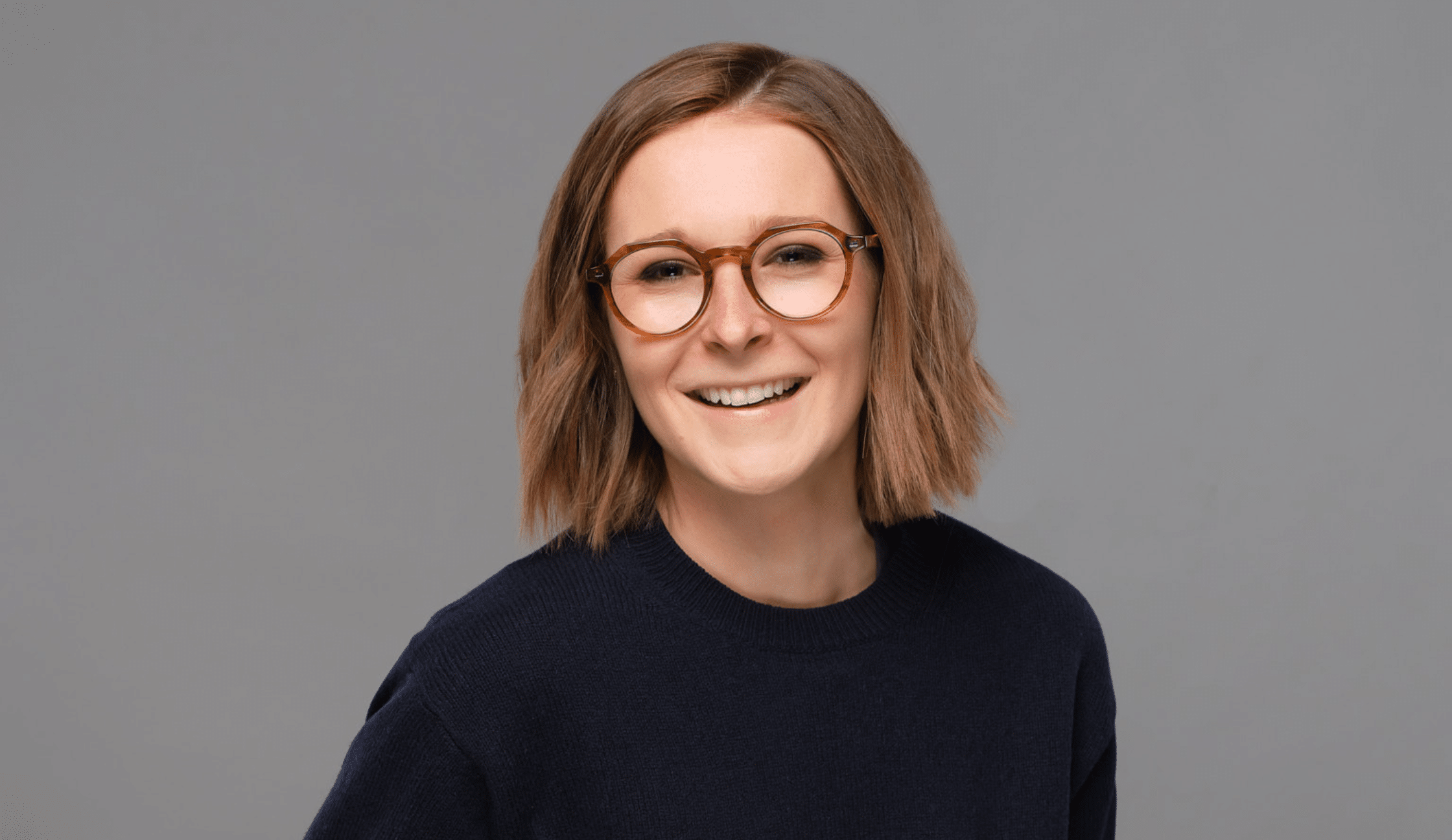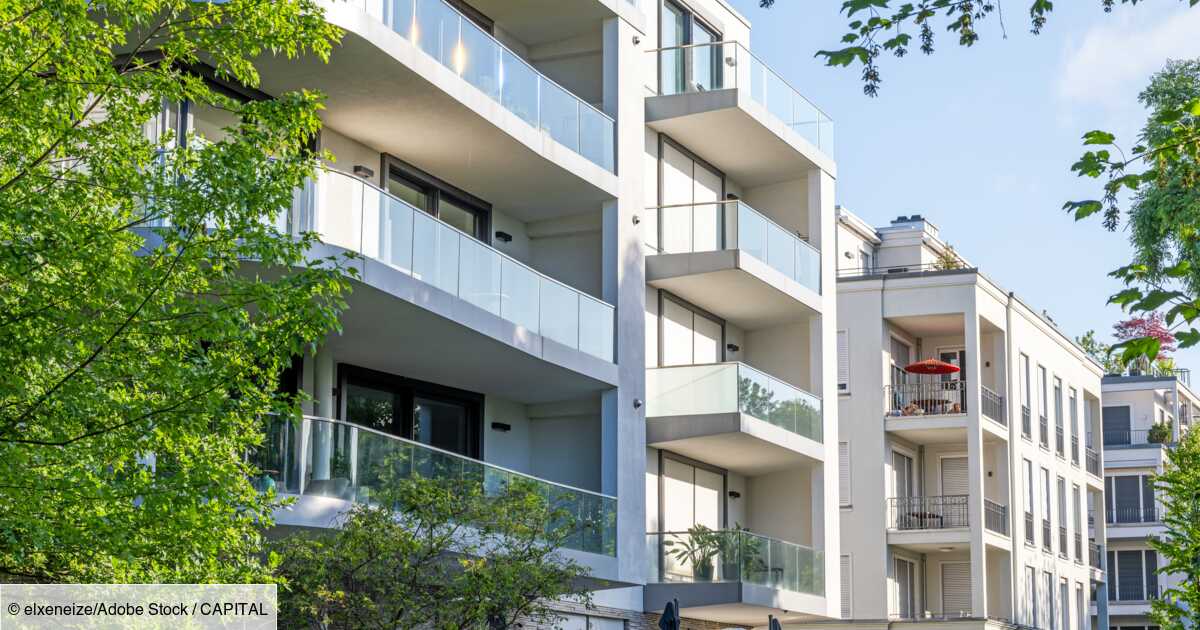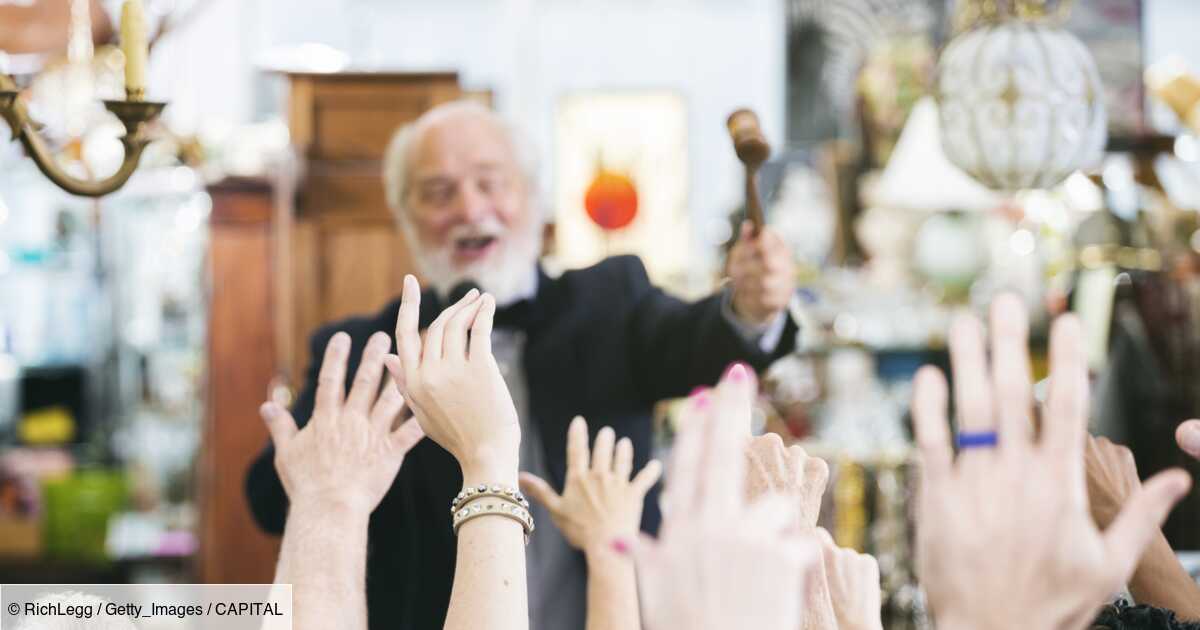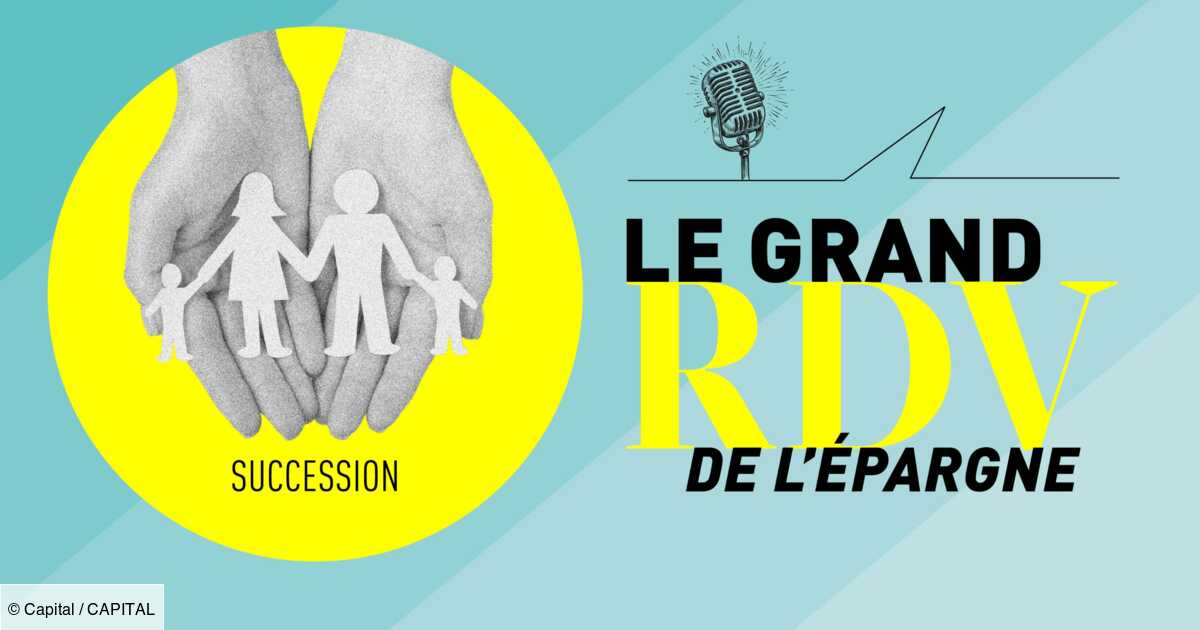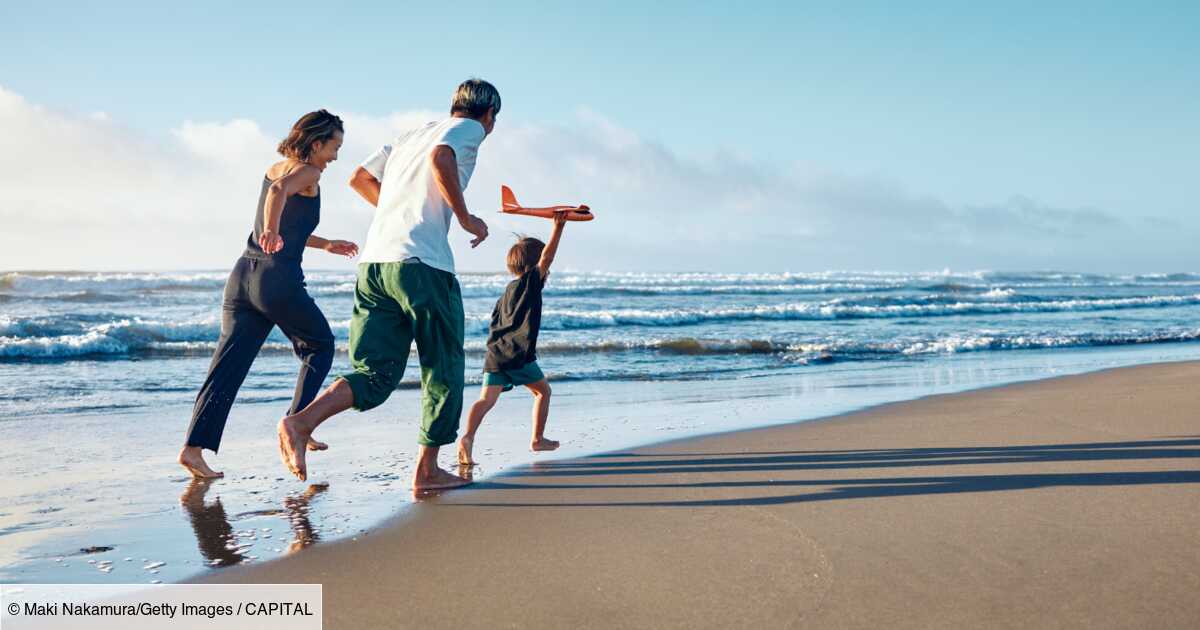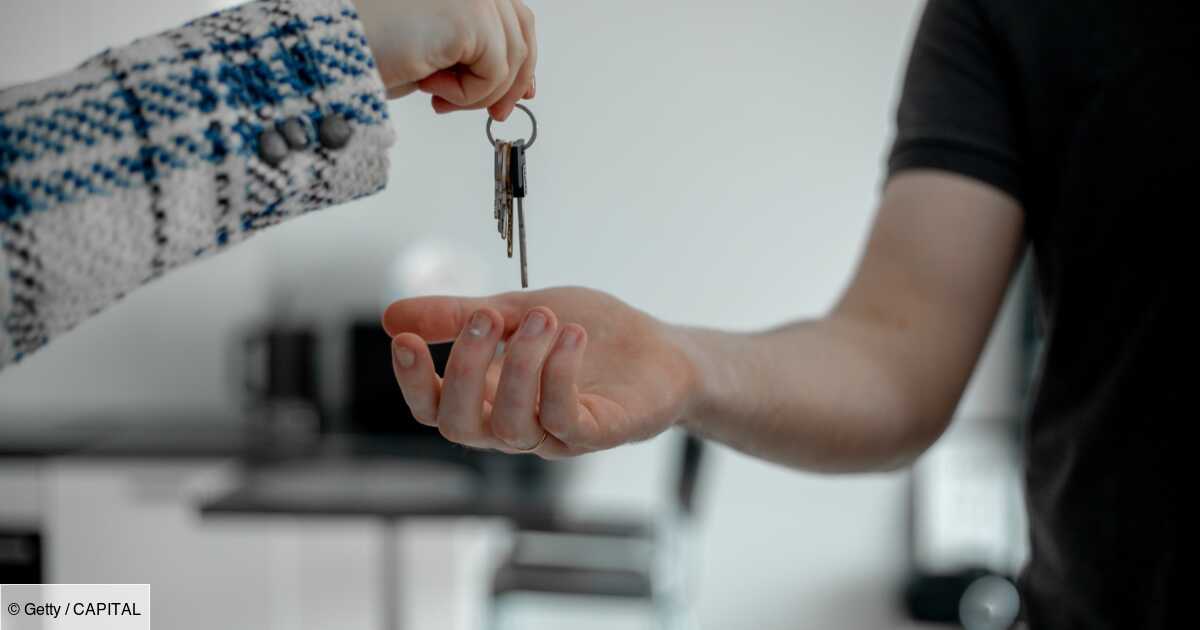At just 25 years old, Philippine Dolbeau has already crossed several lives. Entrepreneur at 15, founder of New School, passed by the Élysée, now animator and consultant, she embodies a daring youth who breaks the codes and questions our relationship to success. In his book Young and inspired (Ed. Dunod),, She shares her dazzling journey, her wounds, but also her hopes. A story of click, resilience and deep convictions, where education and audacity hold the leading roles. Meeting with a committed woman who believes hard as iron that entrepreneurship can (and must) start early – and above all, with meaning.
Entrepreneurship to realize our dreams is the subtitle of your book “Young and inspired“. You wanted to demonstrate that entrepreneurship is not a question of age, but daring?
Philippine Dolbeau: I am convinced. This is what happened to me. I had the chance to meet, in second class, a teacher who changed my life. I realize today that the click is not a question of age, but of envy and daring. And then, it is also an age where we have nothing to lose. At 15-16 years old, we often still live with our parents, you have no loan, no children, no rent … The risk is minimal. It is an ideal field to test, dare, learn.
Finally, adolescence would be the best age to undertake?
Philippine Dolbeau: Maybe. I am only 25 years old, so I will tell you in 25 years if there is an even better age! But what I can say is that adolescence is a moment of construction, and media coverage at that time can be violent. Being exposed young is difficult: the differences are very visible at this age, and not always well accepted.
In adolescence, we are looking for meaning … And you, did you find it in entrepreneurship?
Philippine Dolbeau: Completely. It was a very difficult period for me: family death, illness, big blur on my future … I was lost. And then there was this economy teacher and this business development project. And before that, my stay in England. There, I discovered another pedagogy: we value the test, collaboration, autonomy.
Returning to France, the contrast struck me. In England, I was told everything I had the right to do. In France, that was all that I had no right. It marked me. This educational shock pushed me to act.
Let’s talk about New School. Basically, it was a fairly simple educational project, right?
Philippine Dolbeau: Yes, originally, I just wanted to digitize the call book. In 2015, 99 % of classes still used paper versions. It was slow, unreliable, not secure. What made me react was a report on a little boy forgotten on a school bus. If there had been a digital call, it would have been saved earlier. It seemed crazy to me that at the time of smartphones, we are still there. My idea was to save time, secure, modernize.
Then the November 2015 attacks change everything. And your first customer is your own high school.
Philippine Dolbeau: Yes. My high school receives threats. Security becomes a priority. My establishment chef calls me and said to me: “Your app may be helping us.This is where everything changed. The project gave another magnitude. It was no longer fair to digitize the call, but to contribute to the safety of students and staff.
Then I pitched in front of other schools. Some have taken time to become a customer, but they returned later. And during this time, there was media coverage. Very fast. Very unexpected.
This media coverage is you who encouraged it by daring to contact BFM Business?
Philippine Dolbeau: In fact, I was very shy at the time. Talking in public was anxiety. But one day, my cousin said to me: “Do you want an opinion on your project? Contact a journalist.”I came across Stéphane Soumier, editor -in -chief at BFM Business. I write to him, without any expectations. He replied:“You came across me, and I will let France judge.“And there, everything was chained. I am 16 years old, I go on TV. And the eyes of others changes … brutally.
You speak in the book of a very violent harassment, including on the part of a teacher. What allowed you to hold?
Philippine Dolbeau: Yes, it was extremely hard. Over the next day, I lost almost all my friends. I went from a high school student “normal” has “girl who is on TV“I received insults, threats, even at my home. Until threats of death and rape. And all that, because I was a young girl in a skirt at TF1. It is unheard of violence. And the worst part is that I was also harassed by my English teacher. Jealousy makes certain adults crazy.
My parents, without hesitation, allowed me to hold. They supported me, protected me and pushed me to continue to go to class. This allowed me to keep my feet on the ground, to meet other people, to rebuild myself. But clearly, what I experienced proves that you are not preparing young people for media coverage. And even less girls.
In your book, you question our relationship to success. In France, would we still have trouble with success?
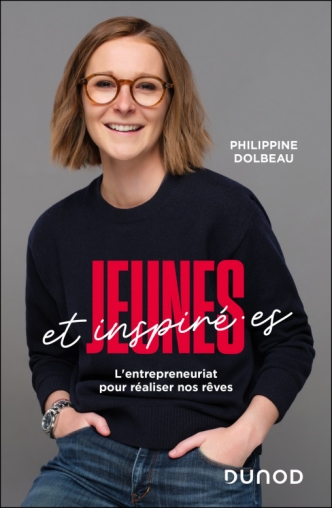
Philippine Dolbeau: Yes, it’s a real substantive question. In France, we like the great figures of the past. We celebrate them in books, school programs, it’s very anchored. But when it comes to contemporary successes, it’s something else. We always wait more, we doubt, we criticize. I often felt that it was difficult to rejoice in the success of others, as if the happiness of some embarrassed the others a little.
You have also left France at 18 to continue your studies in England. Why this need to leave?
Philippine Dolbeau: It was both a need to rebuild myself, after a very intense and sometimes violent media period, and a desire to discover another look at success. There, I discovered a very healthy relationship with the difference. We encourage you to be who you are, even if it is extraordinary. I was surprised to see, on Saturday morning, people in pajamas or disguised shopping without anyone judging them. This freedom marked me a lot. And even when people knew who I was, what I had accomplished, the feedback was benevolent, curious, never condescending.
Have you felt that things are playing in France on these female success subjects in particular?
Many has changed in ten years. Today, there are programs, incubators, funding for young people and women entrepreneurs. There are even banks that specialize in these profiles, that is to say! Media too, it is much more visible. We are talking more about women who undertake, who take risks. And that’s good because I remember my very first oral to get a bank loan. I was 17 years old. In front of me, a dozen men over 60 years of age. In the end, the director said to me: “We will give you this loan, but especially because we need young women in our statistics.“It’s hard to hear. Today, I think we got out of this scheme. But there are blockages, especially around the difference.
This is a subject that is close to your heart …
Yes, whether physical, cultural, course or maturity … The difference remains difficult to welcome fully. Initiatives like Joyful coffee or media like Positive media show, however, that we can do otherwise, enhance these differences. But in my eyes, it all starts at school. As long as we will not change the way in which we educate, whose singularity is valued from an early age, we will advance in small steps.
You often talk about education as the common thread of your journey. What do you think should change in the French school?
Philippine Dolbeau : The list is long, but if there is one thing that I would like to see evolve, it is our relationship to error. In France, as soon as we fail, we are cataloged. Young people end up putting themselves in boxes themselves. I saw a lot of young girls turn away from math for fear of failing. In England, what I experienced is exactly the opposite: we value learning by error.
I took an economy course there, without notes, without judgments. We worked in collaboration with teachers of several generations. And above all, we were creating projects that made us love it. The school became a field of experimentation, not a place of sanction.
A very Anglo-Saxon model…
Philippine Dolbeau : Yes, but that works. There, they integrate entrepreneurship lessons from CE1! They call it Dens Dragon’s and cultivate the famous soft skills – collaboration, empathy, creativity … things that we neglect in France when they are essential in real life. In Finland or Denmark, children also learn in the forest, even when it is -12 °. They are taught resilience, resourcefulness. When I was a few months in English school in adolescence, I learned to sew, to cook, to trust my abilities. 50 % of my school time there was dedicated to the game. And yet, it was considered to be full-fledged learning time.
After the resale of New School, you made an unexpected turn: direction the Élysée as a press and communication attachment …
Philippine Dolbeau : Yes, a real leap into a vacuum. I had no communication training, only my own speaking experience. And there, I am entrusted with that of the President of the Republic. At 20, I was both honored and terrified. I was told: ” If you know how to do it for you, you will be able to do it for him. »»
I learned a lot, especially during the Cavid crisis. But it was a very rigid, very hierarchical environment. I only held a year there. I was missing entrepreneurship too much, this freedom to act, to innovate.
Today, have you found this freedom?
Philippine Dolbeau : Completely. I present several shows (The school of the future,, BFM Academy,, BFM Climate) and I launched a consulting activity with a partner. We support companies on intergenerational, leadership, meaning at work … because the employees of tomorrow are the students of today.
We have done too long for com ‘to make com’. Today, young people want authenticity, impact. A young person no longer hesitates to leave a business if his values are not aligned. The boxes must adapt, and we help them make this turn.
With hindsight, are there things you would do differently?
Philippine Dolbeau : Oh yes. I have often said yes to projects that I was offered, without really choosing them. I made casting errors, worked with ill -intentioned people. I was used, exhausted.
I never really looked for a job, the opportunities came to me, but it also prevented me from wondering what I really wanted. I followed all the “red cars” that passed, that is to say the opportunities, as I write in my book. Result: I got lost.
If I had to start again, I would surround myself better, earlier. I would ask more questions. And above all, I would reconnect to my deep values. But hey… all these failures have also done what I am today.
One last thing to remember?
Philippine Dolbeau : We never learn anything of his successes. We learn when we fall. And that, I experienced it more than once. So yes, I think you have to agree to be wrong, again and again, if you want to find your way.
Interview by Véronique Forge Karibian

